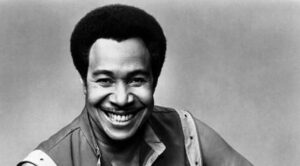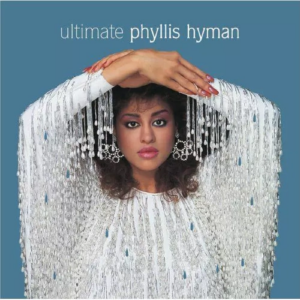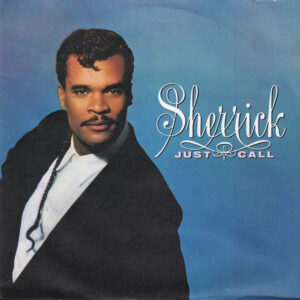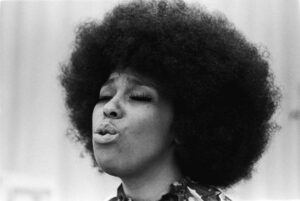(New York, NY) A rare album by musical legend Roberta Flack, Bustin’ Loose is a treasure trove of the acclaimed superstar’s formidable talents as a producer, composer, arranger and collaborator. After being out-of-print for decades, the soundtrack to the Richard Pryor movie is being rereleased digitally into the music marketplace by GeffenUMe on February 11, the day after Flack celebrates her 85th birthday.
With six of its nine songs co-written by Flack, the set – described as “electric modern soul” by the Department of Afro American Research, Arts, and Culture – features star guest vocalists Luther Vandross and Peabo Bryson alongside five numbers sung by Flack and two instrumentals she co-wrote. It presages the rise to superstardom soon after by Vandross, who had sung backing vocals with Flack on her 1972 million-selling debut duet album with Donny Hathaway. On Bustin’ Loose, Vandross shares vocals with Flack on the set’s opening track, “Just When I Needed You;” Roberta sings his composition “You Stopped Loving Me,” which reappeared less than two months later on his two-million-selling debut solo album.
Bryson sings and co-wrote “Ballad for D” on the soundtrack, and two years later he and Flack released a gold duet album, Born to Love, which featured the million-selling hit single, “Tonight I Celebrate My Love.” The Bustin’ Loose recordings were tracked with such notable players as two-time GRAMMY®-winning multi-instrumentalist, producer, songwriter and film composer Marcus Miller on bass, keyboard player Barry Miles (Flack’s musical director for 15 years), and on drums Buddy Williams, known for his work with Grover Washington, Nat Adderley, Dizzy Gillespie, David Sanborn, The Manhattan Transfer, Hugh Masekela, Vandross and others.
The reissue of the soundtrack for Bustin’ Loose – a film described by The New York Times as a “determinedly, aggressively sentimental” – enhances the burgeoning enshrinement of Flack as a groundbreaking and influential Black music icon and was originally released at a time when both she and Pryor were both among America’s most prominent mainstream African American entertainers. As music critic Ann Powers recently wrote on NPR.org, “Flack’s presence looms over both R&B and indie ‘bedroom’ pop as if she were one of the astral beings in Ava DuVernay’s version of ‘A Wrinkle In Time.’”










